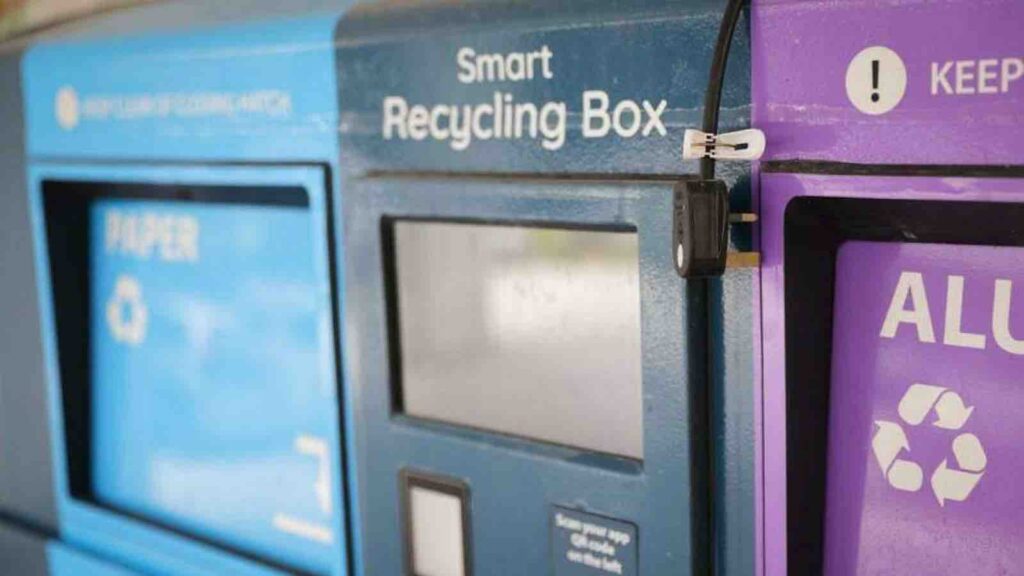Smart recycling boxes for another 83 locations in Singapore by 2025
In a move to enhance its environmental efforts, Singapore is set to expand a pioneering smart recycling system to 83 new locations by 2025. The initiative, spearheaded by local waste management company 800 Super, comes after a successful trial in the Bishan East-Sin Ming area that significantly reduced contamination rates in recyclables.
RELEVANT SUSTAINABLE GOALS



83 Smart Recycling Stations by 2025
The system employs smart recycling boxes and lockers to collect a variety of materials including paper, plastic, aluminum, glass, metal cans, and clothing. It incentivizes participation by awarding points to residents for proper waste segregation, which can be exchanged for FairPrice vouchers through a mobile application.
Milton Ng, chief operating officer of 800 Super, reported that about 2,000 users have registered across the initial 10 locations since the program’s launch in April 2022. While acknowledging some technological hurdles, Ng expressed confidence in the system’s potential, citing plans to refine the process.
Complementing the recycling boxes is a food waste recycling locker, where residents can deposit organic waste in provided airtight containers. This innovative approach aims to tackle Singapore’s food waste problem, a significant contributor to the city-state’s overall waste generation.
The expansion follows the success of an earlier Cash-for-Trash program, which was suspended during the COVID-19 pandemic. 800 Super developed this new contactless system to allow residents to continue earning incentives for responsible recycling without face-to-face interactions.
However, challenges remain. A quick poll by Zero Waste SG revealed that nearly 60 percent of respondents lacked confidence in waste segregation’s effectiveness in increasing recycling rates or reducing contamination. This skepticism stems largely from a perceived lack of evidence and public discourse on the topic in Singapore.
Despite these concerns, Singapore Environment Council executive director Cheang Kok Chung advocates for continued support of smart recycling initiatives. He argues that while collecting clean, segregated recyclables may be more costly and labor-intensive for households, the improved recycling outcomes could justify the additional effort and expense.
As Singapore continues to grapple with waste management issues, this expansion of smart recycling technology represents a significant step towards the nation’s sustainability goals. The success of this program could serve as a model for other urban centers facing similar environmental challenges
Lead image courtesy of Ong Wee Jin
You may also be interested in :
A Peek Inside Singapore’s Latest and Efficient Waste-to-Energy Plant


